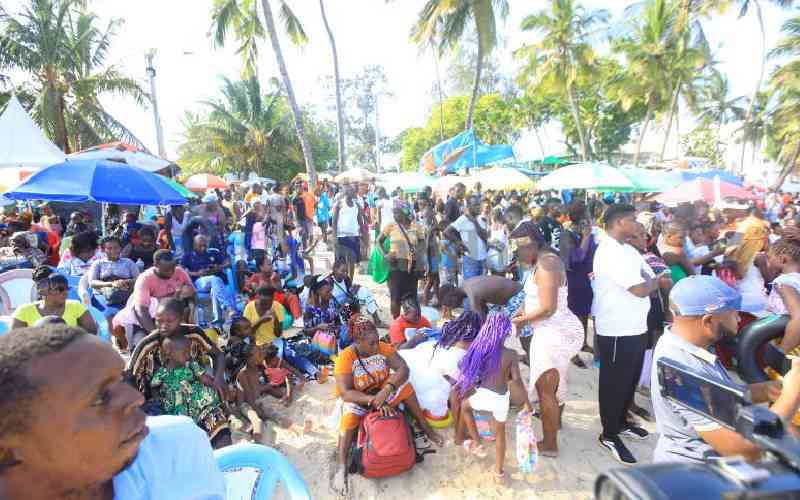×
The Standard e-Paper
Fearless, Trusted News

It is Christmas week when consumer spending gets into the centre-stage of the world economy. At the heart of this seasonal frenzy of consumer spending is a mythical being known as Santa Claus or Father Christmas.
History.com in an article updated on December 9, 2024 traces the origins of this legendary patron of Christmas to Santa Claus, otherwise known as Saint Nicholas or Kris Kringle from the third century.